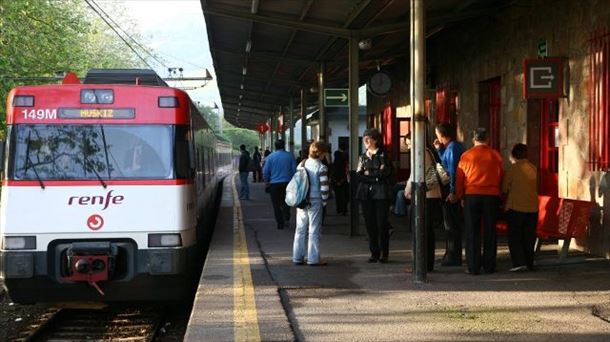Foreign Minister Alexander Schallenberg (ÖVP) made a plea for “sensible and pragmatic multilateralism” at the UN General Assembly in New York on Thursday evening (local time) and called for effective reforms. International cooperation must be renewed and recalibrated. According to the text of the speech, Schallenberg emphasized his call for a reorganization of the UN Security Council. The world is currently “in a sad state.”
The current period is “undisputedly one of the most difficult in recent history,” the ÖVP minister gave a gloomy assessment and gave a few examples: “The highest number of violent conflicts since World War II, including an all-out war of aggression by Russia against Ukraine.
A worsening global climate crisis. Extreme weather events are causing devastation around the world. Increasing poverty, social division and a decline in human rights and the development achievements hard-earned in recent decades.”
“It makes you wonder if something worse is coming.”
“The world seems to be in a sad state and you wonder if something worse is going to happen,” Schallenberg emphasized. “We are actually living in a time of uncertainty.” ‘Shifts and cracks in our trading systems, security systems and multilateral systems’ are already noticeable. This leads to a “feeling of insecurity and unease,” says Schallenberg, “to the feeling of living in a permanent state of emergency.”
In this world of change, citizens rightly expect answers and it is the responsibility of politicians to formulate hopeful but realistic visions. “That means seeing the world as it is, with a clear mind and without rose-colored glasses.”
Warning for fake news and populists
But that also means “that we must be wary of those polarizing populists who spread fake news and offer seemingly simple answers to complex questions that want us to believe that we can solve problems by simply denying them.” of reality.” Whether it concerns “climate change, disruptive technologies such as artificial intelligence, mutual political and economic dependencies or the increasing multipolarity in geopolitics.”
UN Security Council “no longer reflects today’s world”
But it is also a fact that the current multilateral system is not proactive and effective enough. “It has had little effect in countries like Afghanistan, where women are systematically denied their most basic rights to education and participation in public life, and in the Sahel, where a series of coups serves only the generals and not the civilians.” Russia (“A permanent member of the Security Council”) has failed to “invade its sovereign neighbor Ukraine in a fit of neo-imperialist aggression.”
The UN Security Council, established after the Second World War, no longer reflects today’s world, Schallenberg repeated his criticism, which he had already expressed several times during the United Nations’ ‘High Level Week’. “It should provide a seat for more countries that were excluded at its creation, including from Africa.”
Austria applies for a non-permanent seat
Schallenberg announced that Austria would continue to call for reforms. “This also includes our candidacy for a non-permanent seat in the 2026 elections.” The foreign minister had already accused the committee of “inability to act” during the general debate at UN headquarters in New York on Wednesday. The UN Security Council currently has five permanent members (China, France, Russia, the US and Britain), each of which can block decisions with a veto. Ten additional members are each elected to the committee for two-year terms. Five of the non-permanent members are reappointed annually.
Answer “is in collaboration”
For a country like Austria – “militarily neutral, export-oriented and at the heart of the European continent” – the answer clearly lies in cooperation, Schallenberg noted. That is why the UN must be “a space for genuine dialogue” and not an “echo chamber or a club of like-minded people”. “Let’s be honest: the world is not black or white. It’s just not that simple,” Schallenberg said realistically, before exuding something like optimism: “We will emerge from this era of transformation stronger, richer and more resilient.”
On Thursday, Schallenberg also held bilateral talks with his counterpart Ei Cohen (Israel) and Saleumxay Kommasith (Laos). Meetings with Jewish organizations and bilateral appointments with the Minister of Foreign Affairs of Cambodia (Sok Chenda Sophea) and Sultan Ahmed Al Jaber, Minister of Industry and Technology and Climate Representative of the United Arab Emirates (UAE) were planned for Friday. Al Jaber is also chairman of the World Climate Summit (COP-28) that will take place in Dubai in December.
Source: Krone
I am Ida Scott, a journalist and content author with a passion for uncovering the truth. I have been writing professionally for Today Times Live since 2020 and specialize in political news. My career began when I was just 17; I had already developed a knack for research and an eye for detail which made me stand out from my peers.



